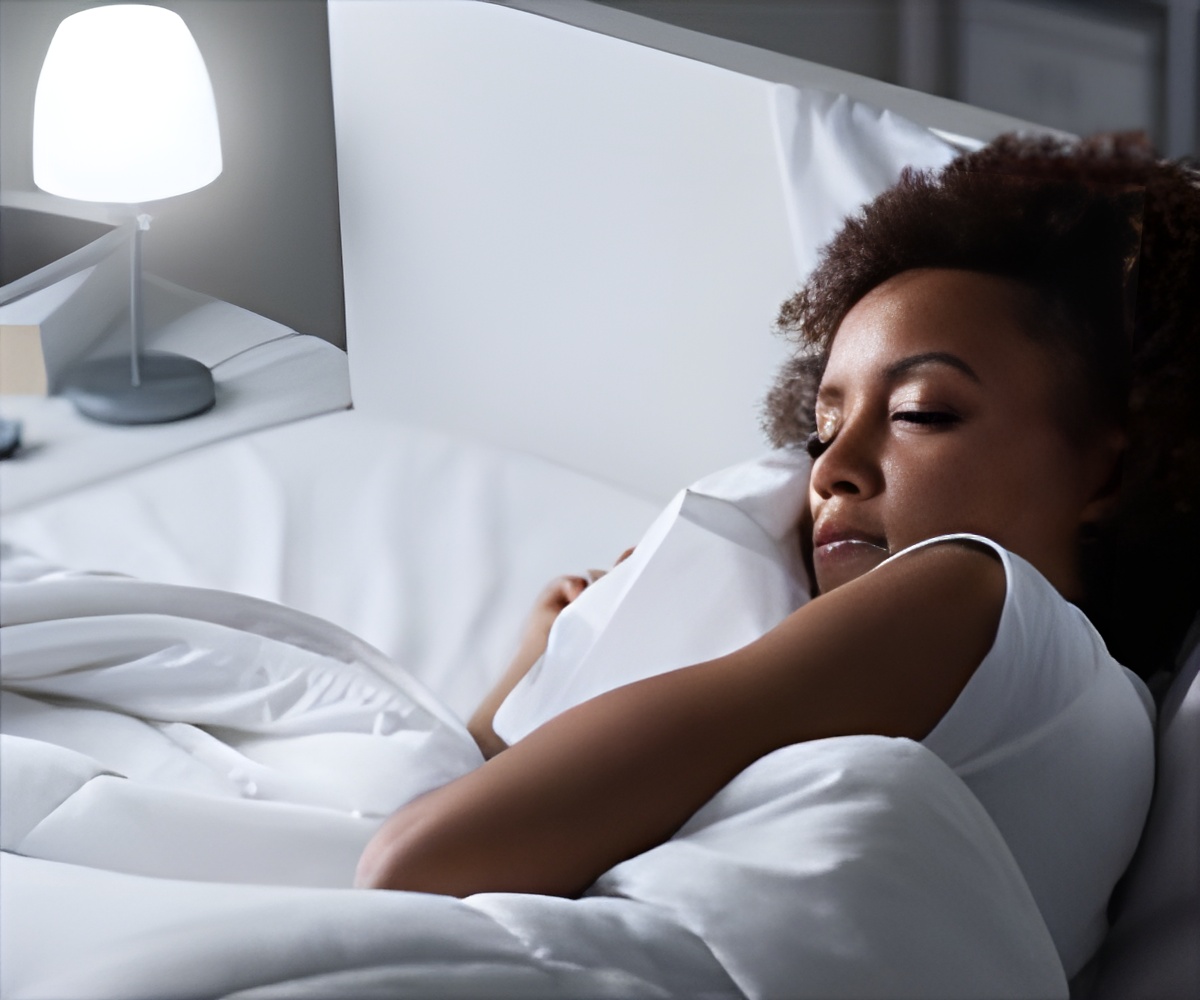People can overcome poor sleep by following a simple set of tips, say researchers.

To deal with their sleep problems without pills, most people focus first on what Colin Espie, professor of clinical psychology and director of the University of Glasgow Sleep Centre, calls "sleep hygiene" - our pre-bed routine, and the physical environment in which we try to sleep.
Espie believes these factors account for a mere 10 percent of sleep problems "'most people with insomnia have better sleep hygiene than easy sleepers'." But most sleep experts concur that the following do make a difference, the Age reported.
Firstly, a dark room is important to a good sleep. Also try to avoid "'blue light'" less than two hours before bed: research by the Lighting Research Centre at the Rensselaer Polytechnic Institute in New York State suggests light from laptop, tablet and smartphone screens tricks us into thinking it is daytime and keeps us alert, although this has been disputed.
Bedrooms should be a comfortable temperature (around 18C), quiet and well-ventilated, with comfortable beds and pillows
Secondly, anything that stimulates the system like caffeine, alcohol, chocolate, tobacco, a heavy meal or strenuous exercise will make it harder to get to sleep.
Thirdly, a weekend lie-in or afternoon snooze can do more harm than good. According to research at the University of Texas Southwestern Medical Centre, "sleep debt" is best "repaid" by getting up and going to bed at your normal times rather than disrupting your body clock.
"Sleep hygiene" alone, however, will not determine whether or not we sleep well. 90 percent of the battle is in the mind, which is why talking therapies and cognitive behavioural therapy (CBT) are coming to be seen as perhaps the most useful solution.
Source-ANI
 MEDINDIA
MEDINDIA




 Email
Email










